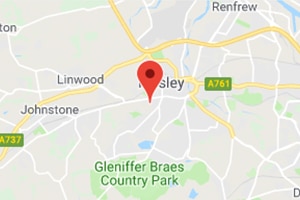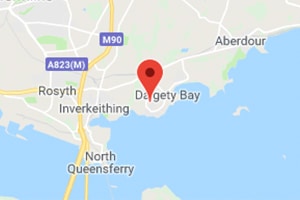What’s the difference between a plumber and a heating engineer – and who should you call when you need an appliance repaired in your home? These two professions require different qualifications and involve different tasks, so the decision about who to call should be based on the technical skill required for the job at hand.
For example, if your gas boiler is on the blink, then you should call a heating engineer who specialises in this kind of work. Some plumbers may also be able to help you with this, but they must be Gas Safe registered in order to do so. Regardless of whether you hire a plumber or heating engineer, you should check out their accreditation using the tool provided by Gas Safe.
Over the course of this guide, we’ll look into the differences between plumbers and heating engineers. Given that the main distinctions lie in qualifications, we’ll start there. Over the course of the guide, we’ll also compare the two jobs in terms of responsibilities and salaries with a view to helping prospective plumbers/heating engineers to make a career decision.
Qualifications and Training
Technically, the main point of difference between a plumber and a heating engineer concerns their level of qualifications and training. To become a plumber, you don’t actually require any form of qualification. Lots of unqualified plumbers are currently working up and down the UK. Whilst they may be really good at various plumbing tasks, you should not hire them to fix your gas boiler.
Heating engineers, on the other hand, need an industry qualification such as a Gas Managed Learning Programme or Diploma in a relevant course. They also have to be Gas Safe registered. To gain this form of certification, you need to undertake accredited training and assessments, complete an on-site portfolio of gas work, and get a CCN1 qualification (see our guide on becoming a gas engineer for more information).
Some plumbers have completed relevant industry qualifications and are Gas Safe registered, so they could rightfully call themselves gas engineers. However, choosing to do so could see them miss out on a lot of other general plumbing work.
Responsibilities and Tasks
Heating Engineers
As the name suggests, heating engineers focus solely on work related to domestic and commercial heating systems. There’s still a lot of variety even within this field: heating engineers could be installing a gas boiler or fixing a central heating system one day, then find themselves being called out to fix some ductwork in a commercial environment the next.
Plumbers
Plumbers can have even greater variety in their work than heating engineers. Even in a domestic setting, a day’s work for a plumber could include installing and fixing domestic appliances, cutting and joining pipes, and unblocking drains. Gas Safe-registered workers can add the installation and maintenance of gas boilers and central heating systems to this list.
The range of tasks to complete widens even further for plumbers that work in commercial environments. Commercial plumbers commonly work with water supply and waste removal systems, often on major projects such as new housings estates; equally, they’ll carry out all of the tasks that domestic plumbers do but in restaurants, shopping centres, and other public spaces.
Wages
According to data from Adzuna, heating engineers earn more on average than plumbers: the average salary for plumbers is listed as £31,228, whilst the figure for heating engineers is £37,796. This difference in wages probably comes as no surprise to you given that heating engineers need both an industry qualification and Gas Safe registration.
If you’re looking to become a heating engineer, take a look at our part-time and full-time gas engineer courses aimed at new entrants. We also offer more advanced plumbing courses for existing tradespeople who want to specialise further.
Download your free information pack
Find out how you could train as a domestic gas engineer by downloading a free copy of our information pack.

